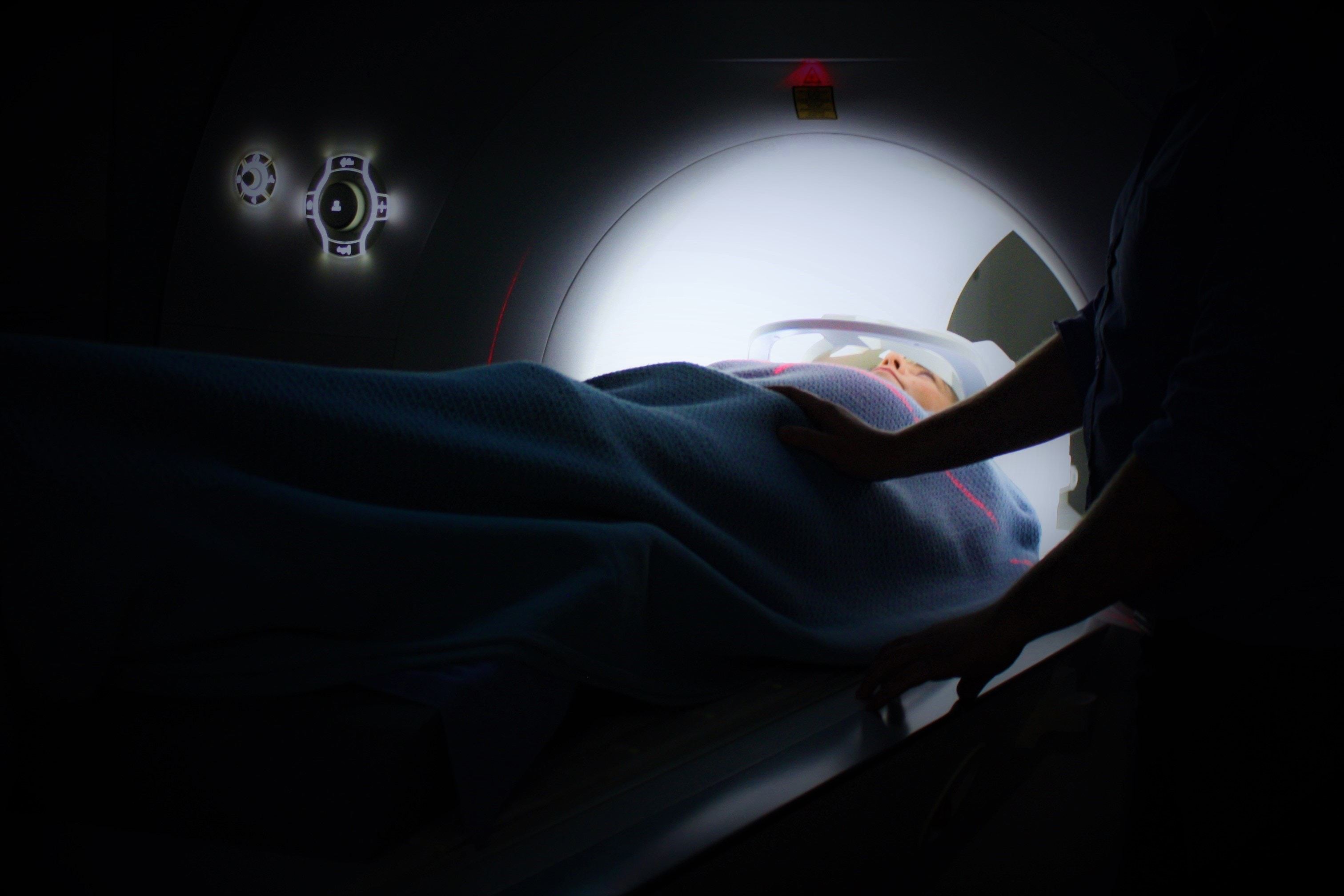I later learned I acquired HIV in the summer of 1983. For decades I lived with one foot in the grave and one foot in the living. Death was always right there, waiting.
Thirty-six years later, I’m still here. Living in the aftermath of the early AIDS pandemic has been mentally and phyically traumatic. Many survivors live with the guilt that we lived when so many of our loved ones and community died. Survivor’s guilt is one aspect of something I’ve termed “AIDS Survivor Syndrome.” It describes the psychological ramifications that result from living through the HIV/AIDS pandemic. It is the realization that aging with HIV is as terrifying as the prospect of dying young.
I’ve always been on the frontier of AIDS. I was part of a trial for the first U.S. Food and Drug Administration-approved drug to treat HIV, which is one of the reasons I’m alive today. I am among the first group of people still surviving the AIDS crisis and aging with HIV. At every iteration, we’ve entered new territory, which brings unforeseen complications and also new opportunities.
Incredibly, science has seized upon these opportunities to develop new treatment options for people like me, and it’s almost unbelievable where we are now. Back in the 80s, when I learned I had HIV, I expected to live a few months; if I were diagnosed as a twenty-year-old today, I could expect to live into my 70s or older.
Because these advancements are so personal to me, I’m concerned that some policymakers in Washington are considering policies that could inhibit future investment in the type of innovation that saved my life. Often, we hear politicians talk a lot about cost-cutting, but I don’t think that they drill down and ask at what cost. I would ask that they consider my story when thinking through their solutions, and the stories of others like me.
